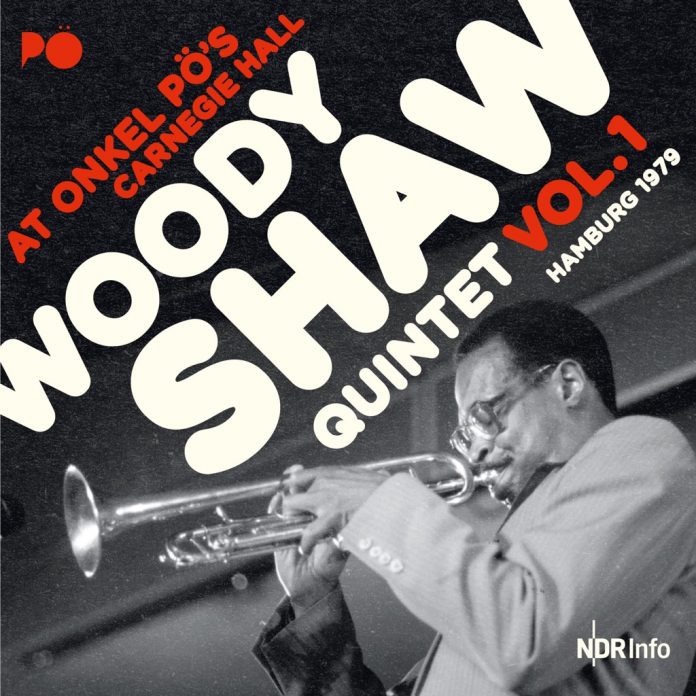Whenever anyone expresses the idea, and with good reason, that Woody Shaw was “the last great innovator on trumpet”, it is usually followed by the afterthought that recognition of the general audience eluded him. There’s truth in that statement. When asked about influential trumpeters, it would never come to the mind of the average listener to put Shaw as the exclamation mark on the modern jazz sentence that begins with Dizzy Gillespie and is followed up by Clifford Brown and Miles Davis. At the same time, legendary subordinate clauses like Lee Morgan and Freddie Hubbard ring a fair-sized bell.
Shaw matured as a leader in the synthesized 70s, a period that sterilised myth making, a far cry from the revolutionary spark of bebop or the monochrome charm of Blue Note hard bop. Shaw refused to jump on the crossover bandwagon and favoured a continuous refinement of mainstream and progressive jazz, which, let’s be honest, was damn stubborn and damn courageous. But to be sure, even if the general audience largely ignored Shaw, the trumpeter did gain plenty of attention from the start of his career with Eric Dolphy, Horace Silver and Larry Young in the mid-60s. Shaw won several Downbeat polls. He won a Grammy Award for the album Rosewood in 1979.
It is an unfeasible task to speak of glory days in the case of such a unique talent. At any rate, on the strength of the two-CD set At Onkel Pö’s Carnegie Hall Vol. 1, Shaw was in great form in 1979. Ten years before his tragic death in 1989 (already in poor health, Shaw lost his arm as the result of a subway accident in New York and subsequently died in hospital of heart failure) Shaw’s wanderings led him to Hamburg, Germany. The band consisted of tenor and soprano saxophonist Carter Jefferson, pianist Onaje Allen Gumbs, bassist Stafford James and drummer Victor Lewis.
The exceptional trumpet playing of Shaw comes across beautifully on this punchy, clear-sounding release from Jazzline. The perfectly natural embedding of modality, polytonality, different scales and wide intervals in Shaw’s note-perfect, fiery stories inspired many trumpeters, while surely frightening more than a few! He stretches out on long compositions such as Coltrane’s Some Other Blues, which features inspired blues playing by Shaw. The hefty waltz In A Capricorn Way is noted for Shaw’s endless currents of original variations. Shaw’s blissful game of tension and release marks the slow version of All The Things You Are, which turns Kern/Hammerstein’s classic composition into a bittersweet love song.
Shaw’s Stepping Stone is a lovely, quirky bop line with a rousing blend of Latin pulse and fast straight swing. The mutual inspiration is tangible and the group takes charge in no uncertain terms, swinging raucously and interacting flamboyantly. Carter Jefferson stretches the limit of the tenor register and puts scales to highly imaginative use on soprano sax. The oblique voicing of Ojaje Allan Gumbs underlines witty, rambling, virtuoso lines, which the pianist puts to full use during the magnificent, orchestral a cappella section of All The Things You Are. All The Things also inspired drummer Victor Lewis’s fascinating solo on the rim of the snare drum.
As far as refinement of mainstream and progressive jazz goes, the audience at Onkel Pö in Hamburg had it made.
Discography
CD1: Some Other Blues; All The Things You Are (47.08)
CD2: Announcement; Stepping Stone; In A Capricorn Way; It All Comes Back To You (47.15)
Shaw (t); Carter Jefferson (ts, ss); Ojaje Allan Gumbs (p); Stafford James (b); Victor Lewis (d). Onkel Pö’s Carnegie Hall, Hamburg, Germany, 7 July 1979.
Jazzline N 77070
















